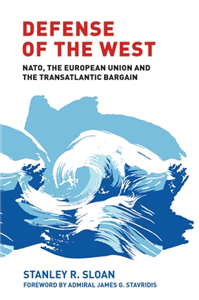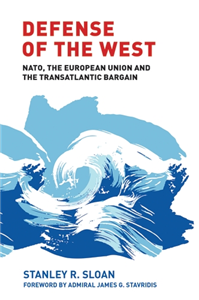The role of terrorism in twenty-first-century warfare
by Susanne Martin. Series edited by Max Taylor, Mark Currie, John Hogan, Leonard Weinberg
The immense power the Catholic Church once wielded in Ireland has considerably diminished over the last fifty years. During the same period the Irish state has pursued new economic and social development goals by wooing foreign investors and throwing the state's lot in with an ever-widening European integration project. How a less powerful church and a more assertive state related to one another during the key third quarter of the twentieth century is the subject of this book. Drawing on newly available material, it looks at how social science, which had been a church monopoly, was taken over and bent to new purposes by politicians and civil servants. This case study casts new light on wider processes of change, and the story features a strong and somewhat surprising cast of characters ranging from Sean Lemass and T.K. Whitaker to Archbishop John Charles McQuaid and Father Denis Fahey.























